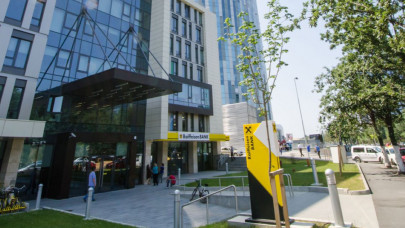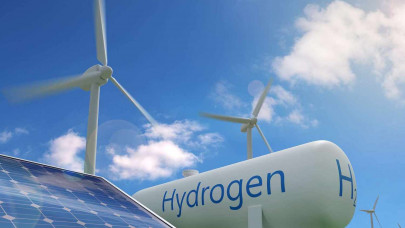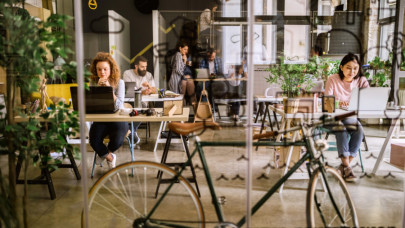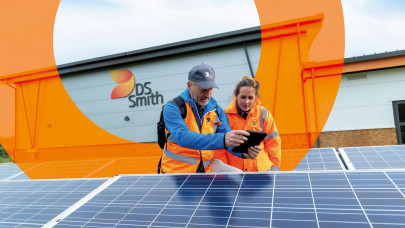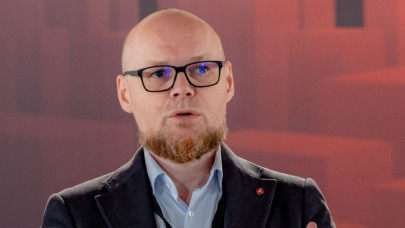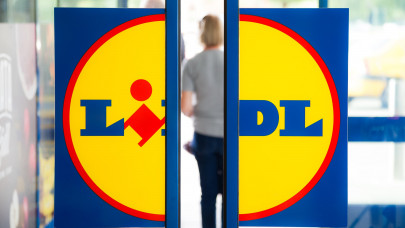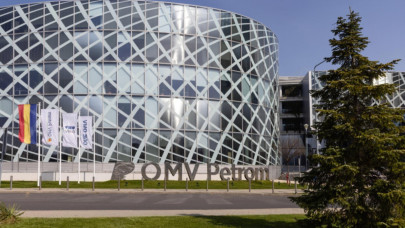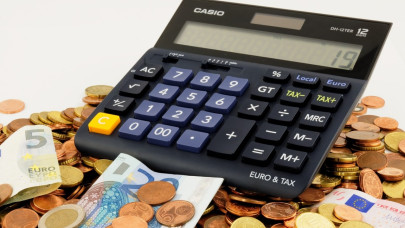"We have already invested around €5 million in Cluj, we also have another investment in Blaj. We are waiting for the European programs, which should be published in the middle of the year, for supporting photovoltaic parks. The investment in Cluj was made by our own efforts", says Boldijar.
Bosch announces that sustainability means ensuring a balance between the economic, environmental, and social aspects of its business activities. In 2020, Bosch became the first global industrial company to become carbon neutral at its 400 locations worldwide. In addition, the company continues to strengthen its portfolio of solutions for electrified driving. In Romania, the Bosch Engineering Center in Cluj develops software for electric cars, such as control units for battery management or cloud-based services to increase battery performance and life, while the factory in Jucu already produces electronic control units for cars electric and hybrid.
The Bosch Group continues to invest in systems and solutions for electro-mobility. A new development direction will be synthetic fuels and hydrogen.
"Hydrogen is a general theme, it cannot remain only in one country. I can't see what the demands will be for Romania, but we are following this field with interest", adds Boldijar.
At the same time, one of Bosch's divisions, Home Confort Group, formerly Termotechnology (Termotehnica), had a rapid development in Europe, due to the high demand for heating systems.
"Heat pumps, for us, mean new investments of €1 billion, until 2030, in Europe, in Germany and Poland, where the new pumps will be produced, following the course of a massive increase in demand, by 20%, of the European market. A large part of households cannot be adapted to heat pumps, however, and then we will come up with a solution that combines gas plants and heat pumps – a mix for old households, and in Germany alone, there are 1 million such households. Furthermore, we have started successfully testing in Ulster, UK, the conversion of gas-fired power plants to hydrogen. There are some fears regarding the ability of the distribution network to transport hydrogen, but it seems that there are no problems, and the transition to the hydrogen of the plants is very simple and easy", explained the Bosch representative.
At the same time, Bosch is actively concerned with improving the energy efficiency of its factories and office buildings. In addition to the use of energy consumption monitoring solutions, the purchase of electricity from renewable sources, the use of heat from compressors to produce domestic hot water, or to support the heating system and replace existing lighting fixtures with LED technology, the factories in Blaj and Cluj started to produce their own green energy by installing photovoltaic panels.
In 2021, the factory in Blaj became the first Bosch unit in Romania to install photovoltaic panels on the roof, followed by the Bosch factory in Cluj. In 2022, the photovoltaic system in Cluj produced 3,721 MWh, representing approximately 7 percent of the factory's total electricity consumption. The total value of the investment reaches €5 million.
In addition, Bosch is supporting the transition to electromobility by installing charging stations for electric vehicles at its production sites in Romania.
At the same time, Bosch supports the idea of the circular economy by using recycled materials and by reducing the use of new raw materials. Thus, starting in the fall of this year, the Bosch Electric Tools division will offer 23 measuring devices with a new concept of sustainability. For example, 90 percent recycled materials will be used to manufacture the housing and accessories for the Quigo Green Cross Laser Level.
In terms of social responsibility, Bosch is constantly expanding its activities in Romania, providing support for a number of charitable organizations and social institutions to develop projects aimed at local communities.
In addition, starting in 2020, the Bosch Romania Foundation has implemented a series of programs, such as the Științescu Fund for Education and the Generation Centers, which carry out after-school activities that bring children and the elderly together. In 2022, the foundation invested over RON 500,000 (€100,000) in education, ensuring access to studies for 600 children.


